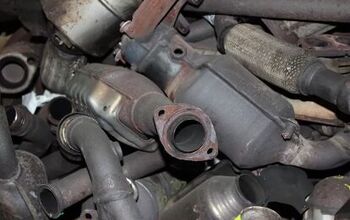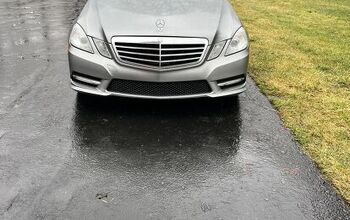Editorial: BP's Settlement and a Pound of Flesh

Last week’s news of BP’s $18.7 billion settlement with federal and state governments brought to close the second act of one of the worst environmental tragedies of all time. There’s no promise that the third act won’t drag out for decades and ultimately end in heartbreak either.
BP’s structured settlement means the oil producer will pay roughly $1 billion each year over the next two decades to state and local governments impacted by the 3.9 million barrels of oil dumped into the Gulf of Mexico from the Deepwater Horizon oil rig. Of course, there’s no amount of money that could assuage the grief from families of the 11 workers killed in the spill.
But the settlement doesn’t address the hundreds of individual or class action lawsuits, or many of the claims made against BP by local business owners and people since the 2010 spill. Some of those civil cases are still in court, some on appeal, and many are years away from a meaningful conclusion.
The penalty needs context:
- BP collected more than $2 billion in profits in the first quarter of this year, despite dropping gas prices.
- The penalty levied against BP is the biggest environmental penalty of all time, and the largest case the government has ever settled with a single entity of all time.
- Stocks of BP soared on news that its massive penalty was actually manageable, and in some cases half of what analysts predicted.
- BP significantly restructured after the spill, and is fundamentally different and smaller than the company was in 2010.
In many cases the message is supremely mixed: the biggest penalty for one of the biggest companies. BP will live, the governments get their money and the Gulf Coast inhabitants directly affected may see their environment partially restored, but not their livelihoods.
However, buried deep within the settlement is the figurative pound of flesh that leaves the settlement short in my opinion. According to the New York Times, only $232 million — or roughly 1 percent of the overall settlement — is dedicated to environmental impact that hasn’t been discovered yet. It’s woefully short for an oil spill that is unequalled in size and scope. The money for future impact is also the most tangible “penalty” in the settlement as well.
Like anyone on a diet will tell you, a pound of human fat is an alarming sight and a relatively successful deterrent for overeating for some people — including me. Seeing a hulking lump of the effects of human excess isn’t the most appetizing sight either. That logic should apply to corporate excess.
By many accounts, BP was a company growing too much, too fast in 2010. Their negligence in the early days of the Deepwater Horizon spill no doubt contributed to the size and scope of the environmental disaster. Since then, BP has replaced executives, trimmed their size and production, and adjusted expectations for a company that once tried to rival Exxon. All of those actions are commendable, but doesn’t absolve them of wrongdoing in 2010.
Gulf states have been irreparably damaged, people and businesses have suffered — or died — and in many ways, the Gulf’s natural ecosystem will never be the same. BP’s $18.7 billion settlement with the state and federal governments goes a long way in repairing many of those states’ environments and infrastructures. But it also leaves open the possibility that many private businesses and people will never see a settlement for their claims, nor does it adequately provide for enough money to uncover any other harms of the spill.
The settlement is massive in its size and scope, but lacks the pound of flesh necessary to ensure another excessive oil producer is more careful with their appetite in the future.

More by Aaron Cole
Latest Car Reviews
Read moreLatest Product Reviews
Read moreRecent Comments
- Honda1 It really does not matter. The way bidenomics is going nobody will be able to afford shyt.
- VoGhost Smart. EVs are pretty much at price parity with ICE already, esp. if you consider total costs of ownership, given how inexpensive EVs are to fuel and maintain.
- Jalop1991 I've read the book Car.Ford couldn't make and sell a bag of ice profitably and/or in any kind of timely manner.
- VoGhost For the same $50K, you could buy a REAL performance sedan that does 0-60 in
- Analoggrotto Ford wishes it could be Hyundai Kia Genesis.

































Comments
Join the conversation
Now let's see what all those government bodies spend the money on. Will it go towards remediation of the environment and compensation for people affected, or will it get pi$$ed away on God knows what like they did with the tobacco settlement windfall? I know which outcome I'm betting on.
"Stocks of BP soared on news that its massive penalty was actually manageable, and in some cases half of what analysts predicted." The difference between BP plc's closing prices on July 1 and July 2 is what, 5%? And the fact that analysts guessed wrong on the settlement amount doesn't mean, and should not be used to suggest, that the settlement number is bad. It means that the analysts guessed wrong and the people who knew kept their mouths shut.